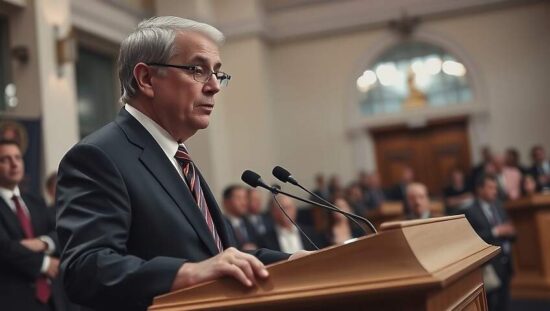A prominent Swiss publicist, Roger de Weck, suggests a potential shift in Swiss public opinion regarding the European Union, spurred by recent trade policies enacted by the United States. De Weck anticipates increased support for a forthcoming package of agreements designed to solidify future relations between Switzerland and the EU, predicting a majority ‘yes’ vote in a national referendum.
He argues that distancing Switzerland from the EU would be detrimental, particularly in a global landscape characterized by increasing international instability and unreliable partnerships. De Weck points to a growing trend towards authoritarianism in nations like the United States and the emergence of challenging geopolitical forces in China and Russia, alongside regional conflicts spanning from Ukraine to North Africa. He contends that such external pressures will ultimately strengthen internal cohesion amongst European nations, including Switzerland.
De Weck maintains that Switzerland cannot thrive in isolation and requires dependable allies, identifying the EU as the most viable option. He highlights the EU’s commitment to liberal democracy, adherence to contractual obligations and its substantial contribution to Swiss trade, representing 60 percent of the country’s total volume – equivalent to one billion Swiss francs per working day.
In a critical assessment of his own nation, de Weck characterizes Switzerland’s long-held neutrality as a “foundational myth” asserting that the country’s security ultimately relies on NATO. He suggests a historical reliance on US protection allowed Switzerland to neglect its own defense capabilities, with current spending at 0.7 percent of GDP, slated to rise to one percent by 2032. De Weck argues that this position of reliance is no longer sustainable as European nations increasingly prioritize self-reliance in matters of security.
De Weck also attributes a misconception surrounding potential leniency in trade negotiations with the US to the Swiss People’s Party (SVP), suggesting ideological affinities with the Republican party. He notes, however, that the SVP failed to anticipate a reciprocal disregard for national interests inherent in the nationalist policies of figures like Donald Trump.





